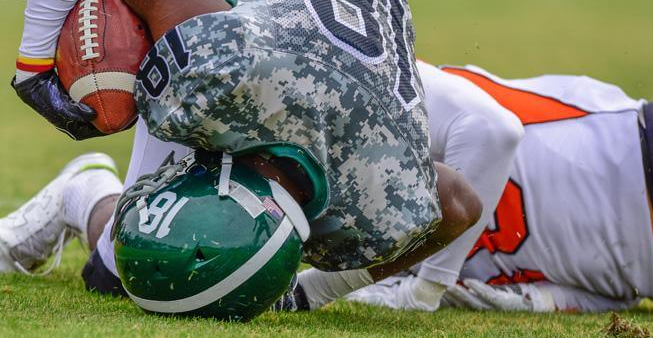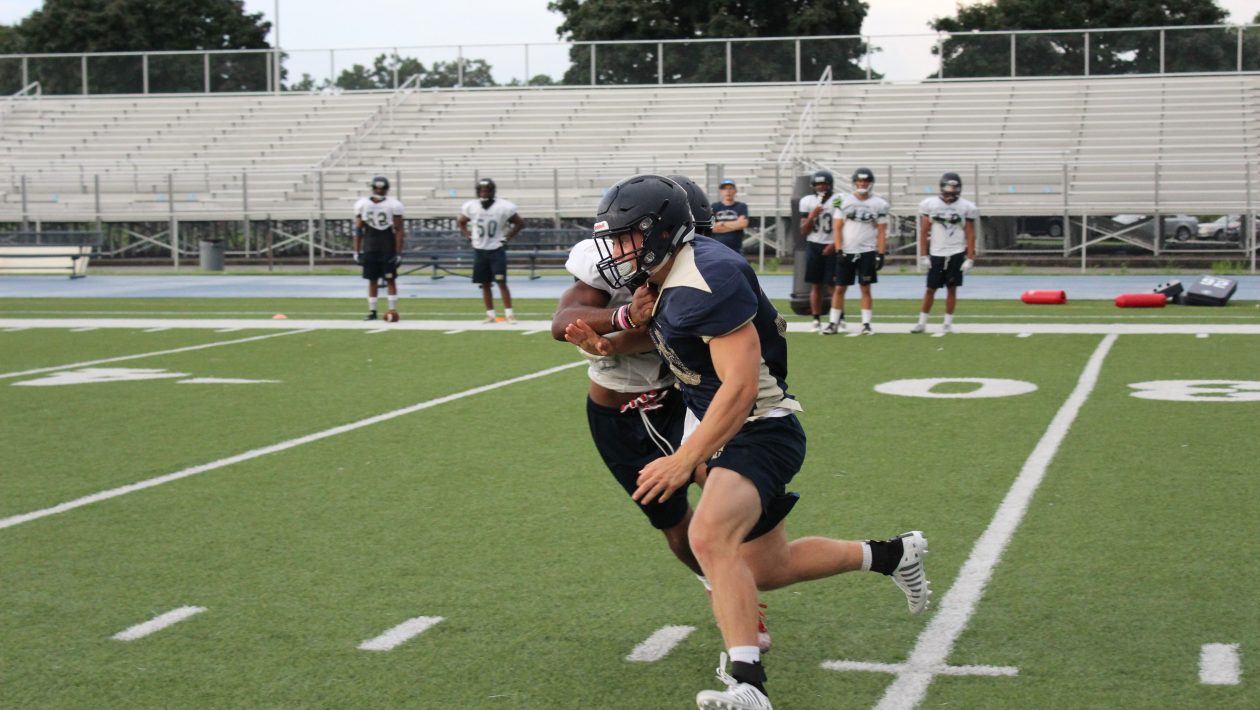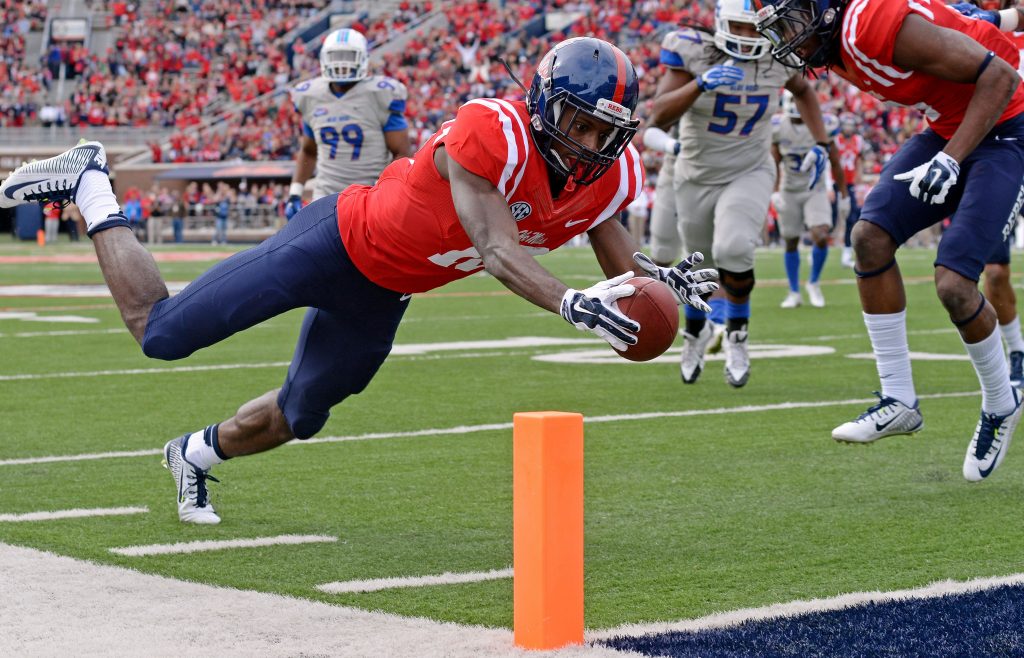The NFL, the National Football League, is the pinnacle of American football, showcasing athleticism, strategy, and intense competition. However, behind the glamour and excitement lies a serious issue that has gained significant attention in recent years. Check out this blog post as we take a closer look at the impact of concussions on former football players.

The Invisible Injury
While concussions may not be immediately apparent, they can have long-lasting and debilitating effects on a person’s physical and cognitive health. Symptoms of concussions can include headaches, dizziness, nausea, confusion, and memory problems. In some cases, concussions can lead to more serious conditions, such as chronic traumatic encephalopathy (CTE), a degenerative brain disease associated with repeated head trauma.
The Long-Term Effects
The impact of concussions on former football players is becoming increasingly evident. Studies have shown that former football players are at an increased risk for a variety of neurological and cognitive problems, including:
Memory loss
Concussions can impair memory function, making it difficult for individuals to remember past events or learn new information.
Mood disorders
Former football players are at an increased risk for depression, anxiety, and other mood disorders.
Cognitive decline
Concussions can contribute to cognitive decline, affecting thinking, reasoning, and problem-solving abilities.
CTE
CTE is a progressive brain disease that can cause a range of symptoms, including memory loss, behavioural changes, and motor problems.
Raising Awareness and Taking Action
In recent years, there has been a growing awareness of the long-term effects of brain injuries on former football players. The NFL has taken steps to address the issue, implementing new rules and protocols to reduce the risk of concussions and improve concussion management.
However, more needs to be done to support former football players who are living with the consequences of head trauma. This includes providing access to comprehensive medical care, psychological support, and financial assistance.
Conclusion
The impact of brain injuries on former football players is a complex and challenging issue. While there is growing awareness and action being taken, more needs to be done to address the long-term effects of concussions and support those affected. As we continue to learn more about the impact of concussions, it is crucial to prioritize the health and well-being of former football players who have dedicated their lives to the sport.



